Beyond text translations for the displaced and marginalized

Policy and Plans for the Linguistically Challenged
The European INTERACT project is part of a Migration Policy initiative. The project is studying how nations set emergency communication policies and plans to support multi-linguistics and crisis management. Findings are not promising and there is a severe need for intervention. One observation was that the studies had left out investigating the national communications plans, typically advocated by the national regulatory body (e.g. FCC TTS rule) and the international telecommunications agencies (e.g. APT, ITU, ICANN, ESCAP, etc).
The INTERACT global initiative has grown interest in the use of pictographs for communicating with linguistically challenged communities. The focus of our Pictographs work was on emergency management by empowering marginalized and linguistically challenged populations with reporting incidents to request for assistance (“ask for help”), and receive alerts that communicated risk (“be informed of dangers”).

I was invited to present the findings from the Pictographs project at the 5th International Conference on Translating Voices Translating Regions (13-15 Dec. 2016, Europe House, London). I also presented the work led by LIRNEasia on Voice-enabled ICTs (watch this video for more on voice-based reporting) and mobile health projects that used several Sahana tools. Although the findings were from more than 8 years ago, they were relevant and brought out the voice and text quality issues in applying text to speech, and abstract syntax trees for categorizing data in support of analytics and decision support. Can Google’s neural machine translation engines help deal with such “large vocabulary continuous speech in crises” type automation issues?
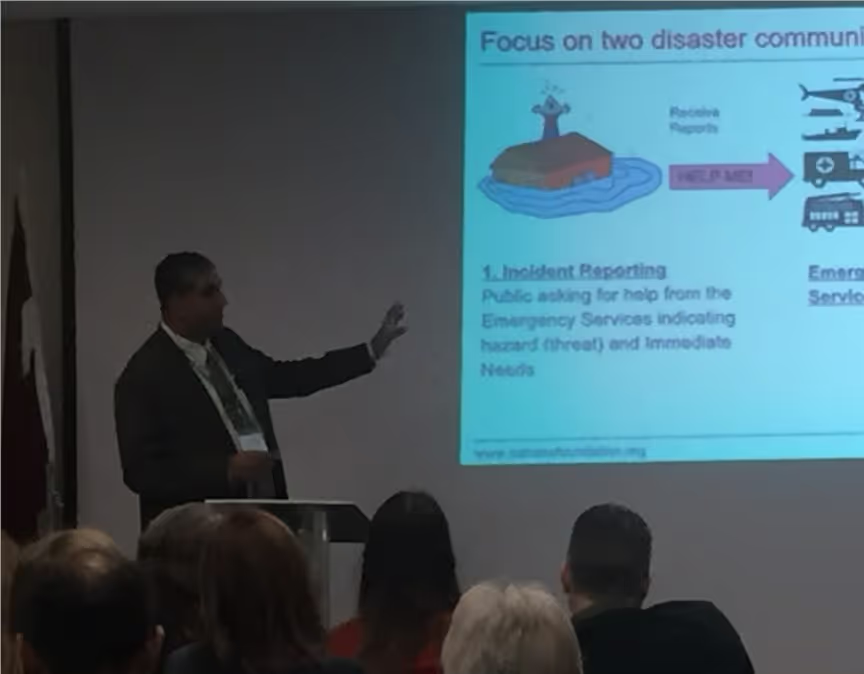
Linguistic Challenges in Crises
The international displacement of humans is ever increasing. Natural, technological, and human instigated disasters are the main reasons for it. Screening the displaced persons' health and demographics, at the point of entry, is laborious for humanitarian workers. Moreover, communicating with them, in their mother tongue, is a massive challenge. For example, the healthcare workers have to ask the right questions, in a cultural and trauma sensitive way, to achieve optimal prevention and mitigation outcomes.
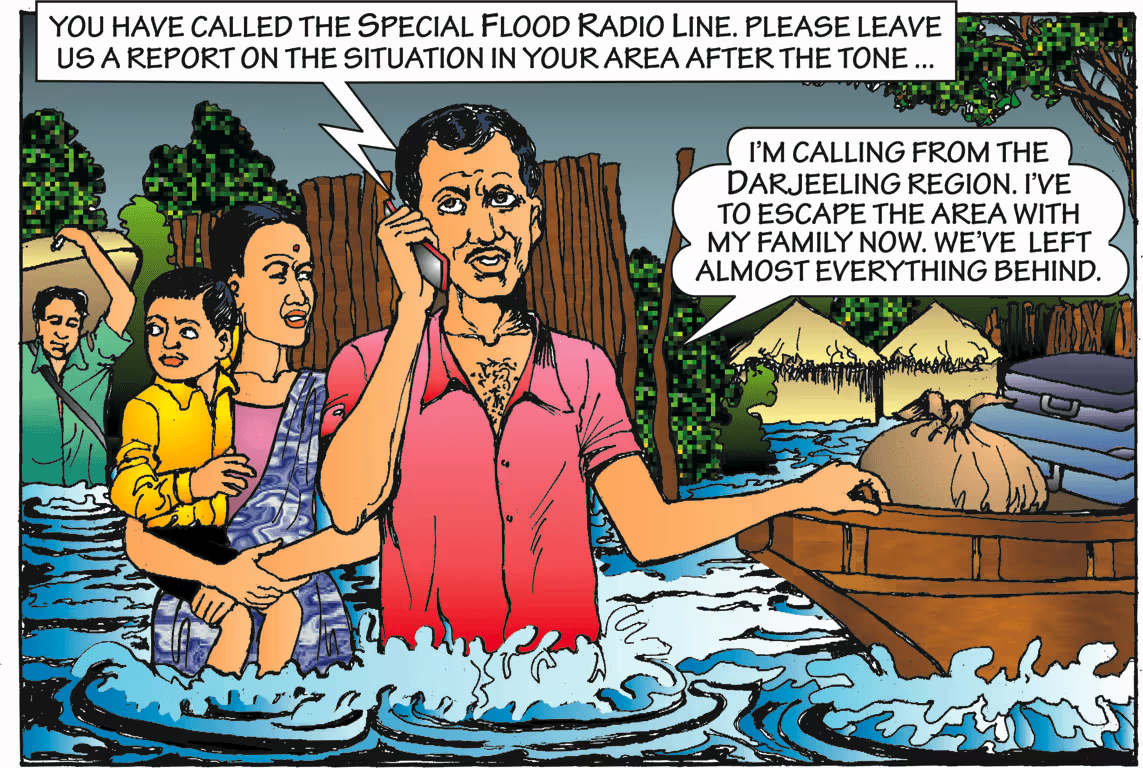
Humanitarian workers have to assimilate with the victims to foster comfort, and translators/interpreters have to be professional and effective to achieve best outcomes for the smooth transition of managing the cases. Information translations and presentation modalities (e.g. leaflets) must be appropriate and comprehensible. For such; the ethos, pathos, and logos for interpretations and translations should be well thought out.
Our pictographs project learned of such cultural and linguistic challenges:
- Filipino boat house people comprehended the symbol for flood and rain as a stormy day on the lagoon
- Elderly people became emotional because the pictographs reminded them of the past horrific events they experienced
- The evil eye relates to witchcraft in the Philippines
- In China, presenting a clock relates to funeral through the mandarin scriptures
Similar cultural and linguistic challenges prevail among the present day refugees in Europe, Africa, and lately in Coxes Bazaar.
Intricacies of Case Management
A predominant portion of the victims are poor and illiterate. Moreover, the victims are distressed and wary of their future. A Translators Without Boarders (TWB) survey reveals 6% of women and 60% of African refugees to be literate. The Rohingya people were deprived of any formal and institutionalized education. Pictographs are an effective education tool and modality for short, quick courses (e.g. the emergency procedures leaflet in commercial airlines). There is some evidence of TWB using pictographs to communicate with refugees.
Refugee migration and human trafficking have been historic traits. It’s ever increasing, and case management is becoming very complex. AidIQ, a Sahana service provider working with the German Red Cross, had an early taste of the laws and regulation around data protection for privacy security. During crises, humanitarian services have to work with those stipulations to protect the individuals. These are not easy to implement across multiple systems and across multiple boarders.
Stay updated
Sign up for our newsletter to receive regular updates on resources, news, and insights like this. Don’t miss out on important information that can help you stay informed and engaged.
Related articles
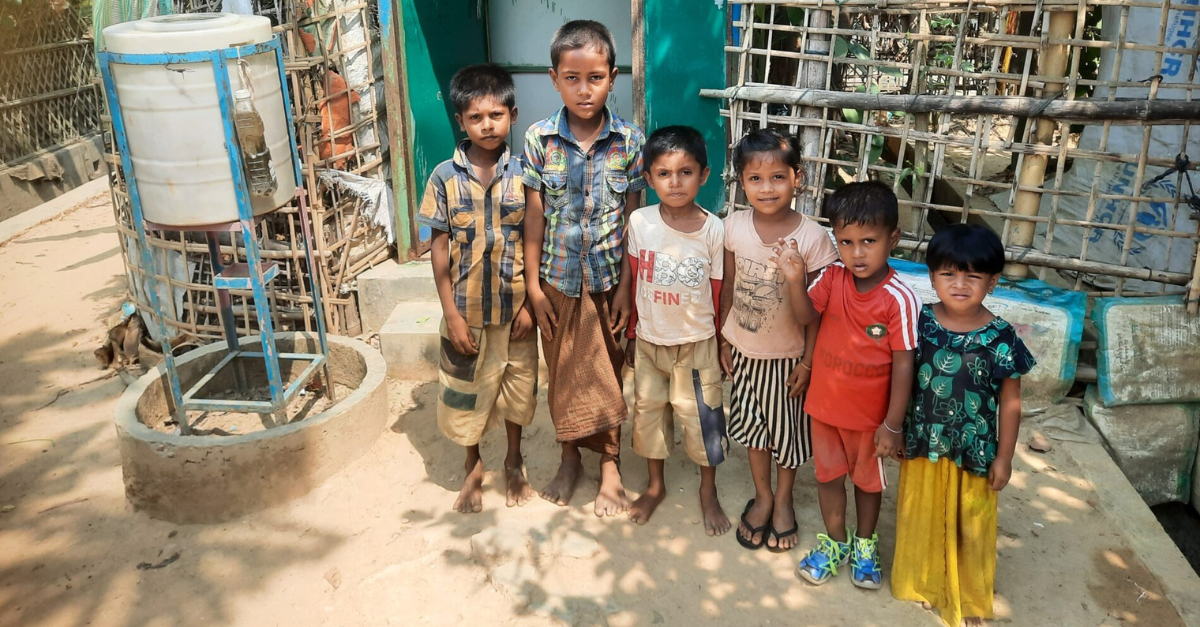
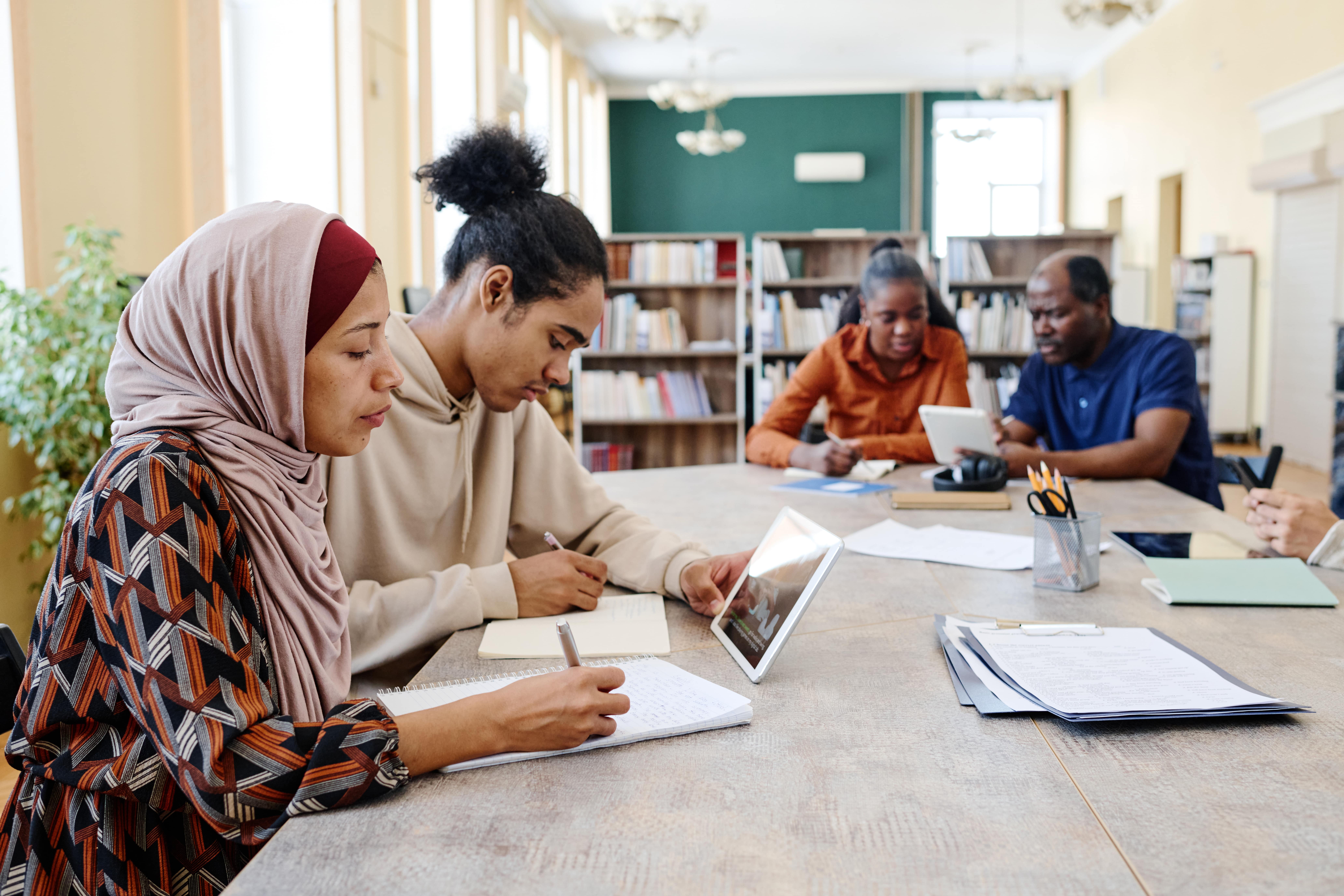
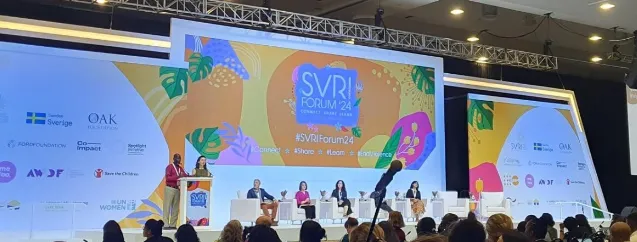
Explore Elrha
Learn more about our mission, the organisations we support, and the resources we provide to drive research and innovation in humanitarian response.